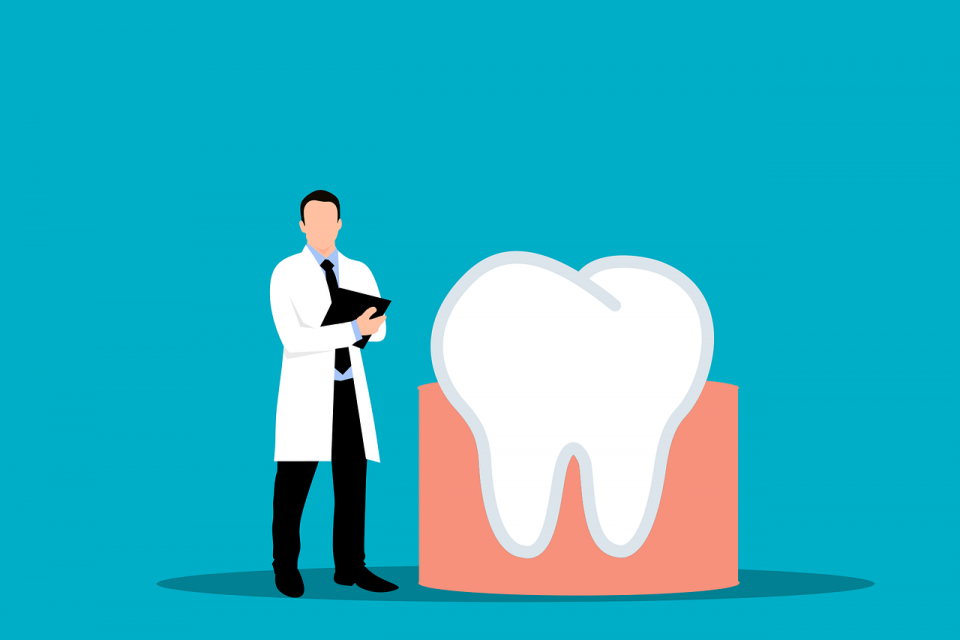I find that some foods have become difficult to chew and swallow. Do I really need to eat the same amount or variety of food that I did when I was younger?
Maintaining proper nutrition is important for everyone, young or old. Many older adults do not eat balanced diets and avoid meats, raw vegetables and fresh fruits because they have trouble chewing or swallowing. These problems can be caused by painful teeth, ill-fitting dentures, dry mouth or changes in facial muscles. Others find their sense of taste has changed, sometimes due to a disease or certain medications.
Because of these and other factors, the diets of older adults are often lacking in calcium, protein and other nutrients essential to dental and overall health. You need a balanced diet.
If you are unable to eat certain things that you enjoy and contribute to a well-balanced diet, address the reason this is a problem. Consult your physician, nutritionist and dentist about the possible use of supplements to make up for the parts of your diet that are lacking.
Why do my teeth seem darker?
One of the changes you may notice as you grow older is that it’s harder to keep your teeth clean and white. This is because the sticky, colorless layer of bacteria, called plaque, can build up faster and in greater amounts as we age. Changes in dentin, the bone-like tissue that is under your enamel, may also cause your teeth to appear slightly darker.
Regular professional dental hygiene visits are vital to maintaining and monitoring your oral health. For most, professional teeth bleaching is a cost-effective way to brighten your smile.
Why does my mouth feel dry?
Reduced saliva flow that results in a dry mouth is a common problem among older adults. It is caused by certain medical disorders and is often a side effect of medications such as antihistamines, decongestants, pain killers and diuretics. Some of the common problems associated with dry mouth include a constant sore throat, burning sensation, problems speaking, difficulty swallowing, hoarseness or dry nasal passages. Left untreated, dry mouth can damage your teeth. Without adequate saliva to lubricate your mouth, wash away food, and neutralize the acids produced by plaque, extensive cavities can form.
Your dentist can recommend various methods to restore moisture. Sugar-free candy or gum stimulates saliva flow, and moisture can be replaced by using artificial saliva and oral rinses. Xylitol, a sugar alcohol used as a sweetener, is found in many of these products and also has the benefit of being anti-cavity.
Why am I losing my sense of taste?
You may find that you are losing your appetite due to a change in your sense of taste. Several factors can cause this change. Besides an age-related decrease in the sense of taste and smell, certain diseases, medications and dentures can contribute to a decrease in your sense of taste. You should make your physician aware of this.
I’ve heard about implants as an alternative to dentures. What should I know about implants?
Dental implants can be used in many ways and may offer solutions for patients who cannot function adequately with conventional dentures. However, not every patient is a candidate for implants. The decision can be made only after a careful examination by your dentist and discussion of the relative benefits and risks and what the procedure involves. Ask your dentist if implants may be an option for you.
Dr. St. Clair maintains a private dental practice in Rowley and Newburyport dedicated to health-centered family dentistry. He has a special interest in treating snoring, sleep apnea and TMJ problems. If there are certain topics you would like to see written about or questions you have, please email them to him at jpstclair@stclairdmd.com



